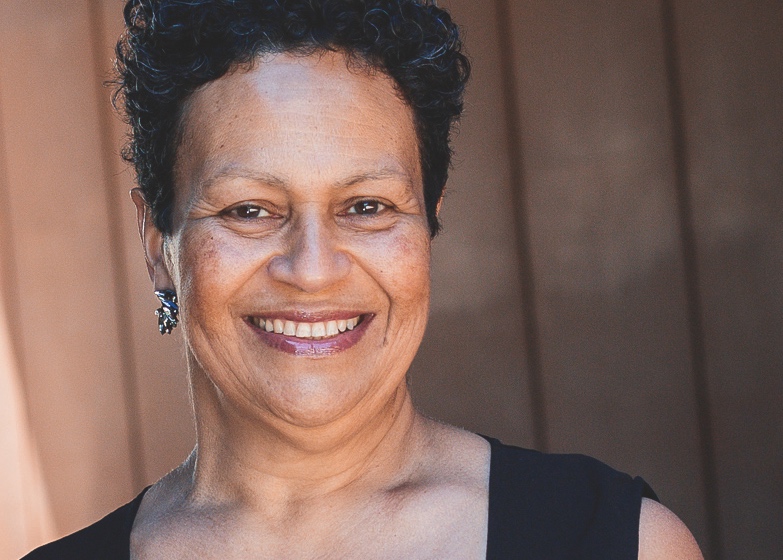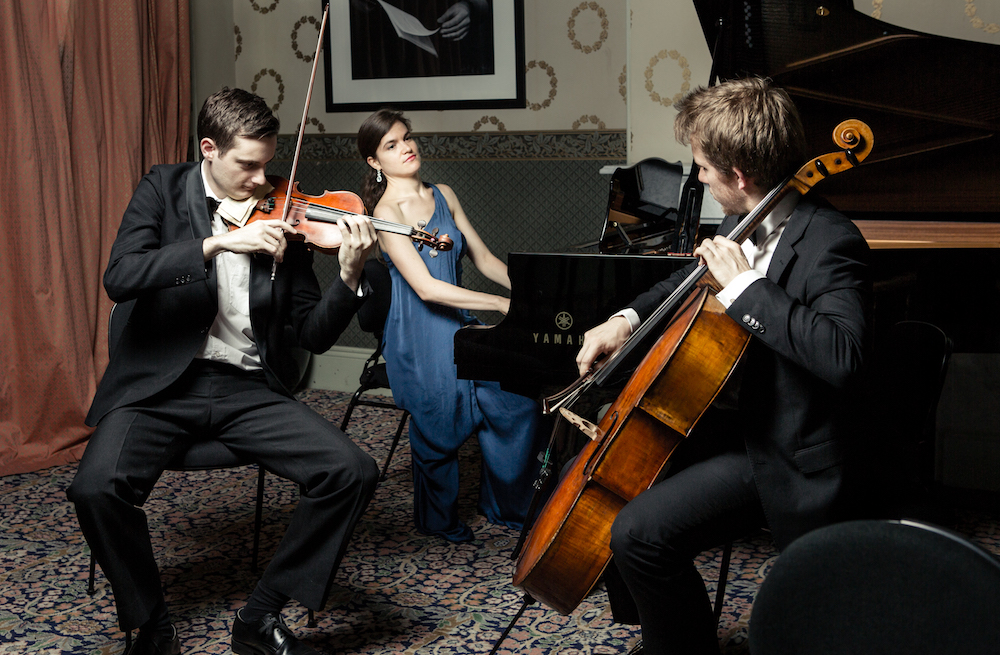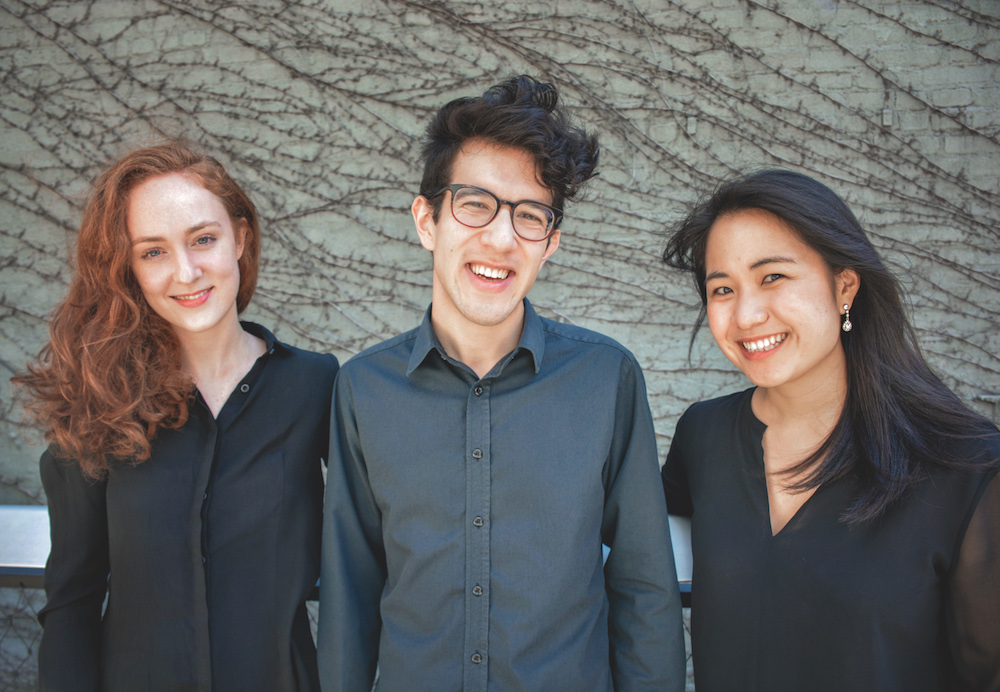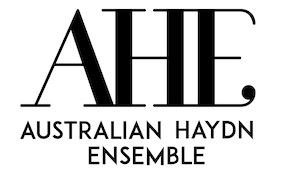Eight string quartets and eight piano trios from around the world will do musical battle for a prize pool of over $150,000 when the Melbourne International Chamber Music Competition kicks off in July.
“Over seven days, we’ll hear stunning performances from 16 of the world’s leading young ensembles as they compete for the Grand Prize and the chance to launch their international careers,” said MICMC Artistic Director and former Concertmaster of the Melbourne Symphony Orchestra, Wilma Smith.
 Melbourne International Chamber Music Competition Artistic Director Wilma Smith
Melbourne International Chamber Music Competition Artistic Director Wilma Smith
Young ensembles from around the world will descend on Melbourne when the heats begin on July 1 at the Australian National Academy of Music (ANAM). For the first time, MICMC will be delivered by Musica Viva Australia in partnership with ANAM and the Melbourne Recital Centre.
Applications for MICMC 2018 came in from 16 different countries, and it was the job of three preliminary adjudicators – Zoe Knighton (Flinders Quartet), Timothy Young, (Ensemble Liaison, ANAM) and Smith – to select the 16 competitors. “As I listened, it became clear to me that we had an exceptional field of extremely high-quality groups,” Smith said. “We then met for five and a half hours to compare notes and listen collectively to the contentious groups again before finally coming to a carefully considered consensus. The decision was naturally a difficult one but the process was also immensely satisfying and we were filled with awe at the technical prowess and emotional and musical maturity of many of our young colleagues.”
The groups will be coming to Melbourne from the USA, South Korea, Japan, Russia, Latvia, the UK and more (many of the groups boast members from across countries and continents) while the Melbourne-based Clarendon Trio will be playing on home soil. New York’s Merz Trio also boasts an Australian member in violinist Brigid Coleridge.
The ensembles will compete in front of a formidable jury of chamber music heavyweights, from Sonia Simmenauer, director of one of the world’s leading agencies for chamber music ensembles; to Melbourne pianist and composer Ian Munro; Simin Ganatra, first violinist of the Pacifica Quartet; Gerhard Schulz, former second violinist of the Alban Berg Quartet; Yura Lee, Member of the Chamber Music Society of Lincoln Center and soloist and chamber musician on both violin and viola; Alasdair Tait, Chief Executive and Artistic Director of the Young Classical Artists Trust; and Kyril Zlotnikov, cellist with the Jerusalem Quartet. The 16 ensembles will compete in two rounds of heats across the first four days of the competition, before five string quartets and five piano trios will be chosen to go on to the Semi-Finals.
The second round of heats will test the competitors’ skills on brand new works especially commissioned by the competition. Holly Harrison has written the new work for the string quartet stream, a piece titled Balderdash, channelling styles like bluegrass, grunge, prog-rock, metal, and disco.
“Balderdash begins and ends with amplifier feedback,” she told Stephanie Eslake in an interview for Musica Viva. “The piece imagines an alternate world in which music is heard between the feedback – a sort of sub/hyper-sonic sound world which takes place in mere seconds.”
“Given the piece was commissioned for a competition, I felt it might be fun to experiment with a battle-of-the-bands theme within the string quartet itself. Throughout Balderdash, players go rogue (especially the cello!), engage in one-upmanship, jam, duel, challenge, compete, interrupt, surrender, work together in teams, and cooperate as one. The piece is intended to be theatrical and encourages the quartet to perform with abandon.”
For Paul Stanhope, who was commissioned for the piano trio stream, the competition has long been “a great exploration of talent in Australia’s chamber music world and has seen the launch of a number of now-established groups” including the Gould Piano Trio, the Eggner Trio, the Kelemen Quartet and the Attacca Quartet.
Stanhope’s work bears the evocative title Pulses. “The reasons why will become evident when you hear the work!” he said. “The piece is in a single movement but explores both fast, spiky writing and more lyrical and playful sections. In fact, the overall character of the piece is quite playful, even until the end of the piece where I have left some choice to the performers of how they end the work!”
The Semi-Finals will see the ensembles duke it out with the music of Beethoven and Schubert on July 6, while the final three quartets and trios will choose their own repertoire for the Grand Finals in Elisabeth Murdoch Hall at Melbourne Recital Centre on July 8.
MICMC 2018 will be a major event, and for those planning to cheer from the stands, there are opportunities to embark on the full journey with a subscription package – but it will be equally rewarding to dip in and out with single tickets and day passes. Musica Viva’s CEO Mary Jo Capps will even be leading a five-day tour with Renaissance Tours, culminating in the competition’s nail-biting finale.
The ensembles will compete for a combined prize pool of $150,000. In addition to cash prizes for the top three groups in each stream and special prizes for the best performances of the commissioned works, the winning ensemble will receive a Grand Prize of $30,000 sponsored by the Melbourne Conservatorium of Music at the University of Melbourne, a tour arranged by Musica Viva and multiple career development opportunities.
“I can guarantee that with competitors of such a high quality,” Smith said, “the eighth MICMC will be a thriller!”
The Homegrown Artists
The Clarendon trio (Australia)
 The Clarendon Trio
The Clarendon Trio
The Clarendon Trio comprises three musicians who met during their time at the Australian National Academy of Music. As individual and chamber musicians they have had many notable successes in national competitions, as well as high profile performances throughout Australia as soloists in their own right. The Trio has performed extensively and to great acclaim throughout the Melbourne area, rapidly establishing a strong reputation for its compelling and intelligent musical approach. The Clarendon Trio is excited to build on its growing patronage and to include the widest variety of repertoire in its future concert appearances. Collaborations with leading young artists and composers are planned for future seasons.
The Merz trio (Australia/USA)
 The Merz Trio
The Merz Trio
Formed in January 2017 as a collaboration between pianist Lee Dionne, Australian violinist Brigid Coleridge and cellist Julia Yang, the Merz Trio is dedicated to original programming and artistry at the highest level. The Trio was the recipient of the Judges’ Special Recognition Award at the 2017 Plowman Competition and was a finalist for a 2017 Tarisio Young Artists Grant for its show, Macbeth. Currently based in New York City, the Trio takes inspiration from the ‘Merz’ found-object collages of the German artist Kurt Schwitters. In keeping with Schwitters’ wide-ranging artistic vision, the Merz Trio’s projects promote dialogue between seemingly disparate musics, texts, and artefacts, weaving and juxtaposing the Trio’s repertoire within differing artistic worlds of visual art, dance, theatre, and culinary arts.
The Melbourne International Chamber Music Competition runs July 1 – 8. Tickets for subscriptions, single tickets and day passes are available here.













Comments
Log in to join the conversation.